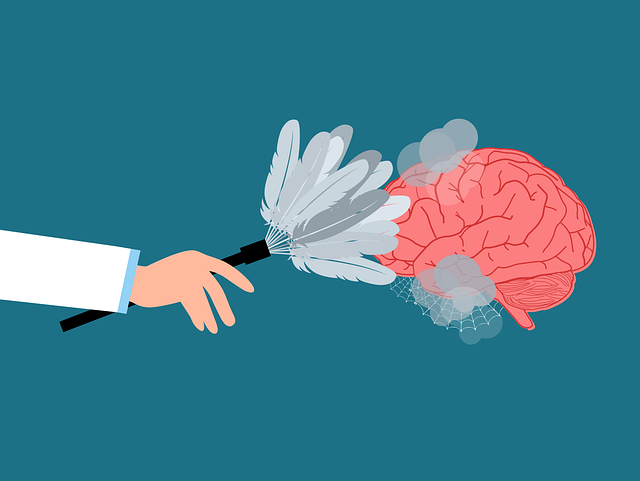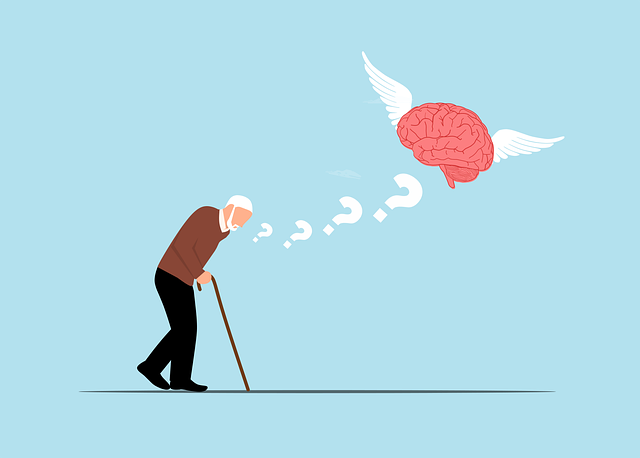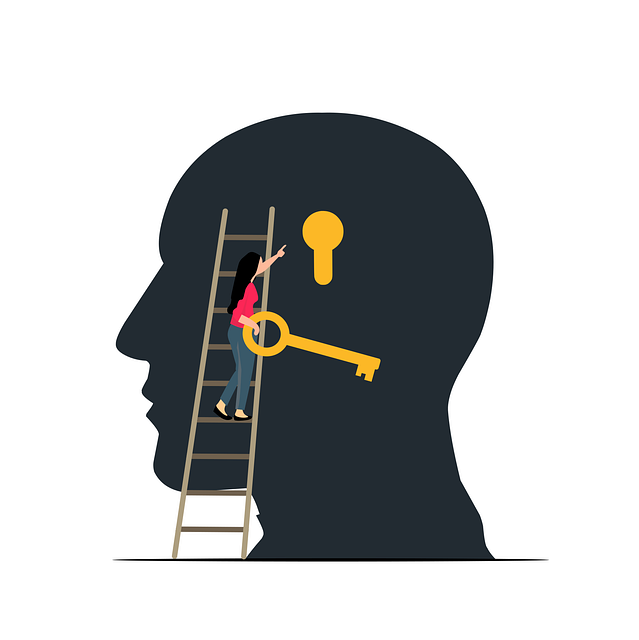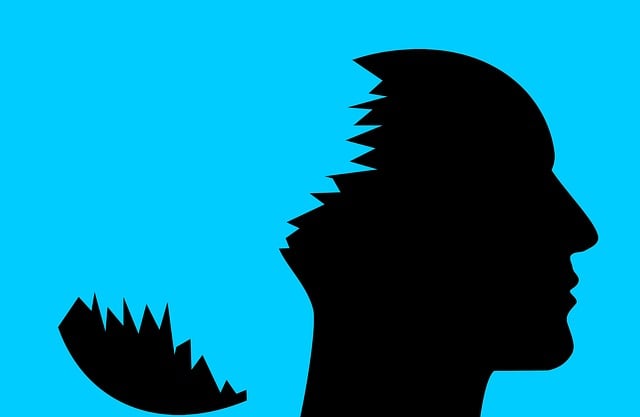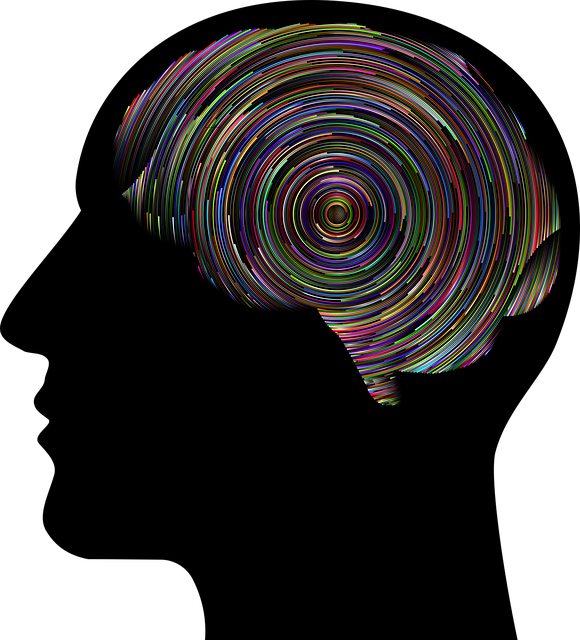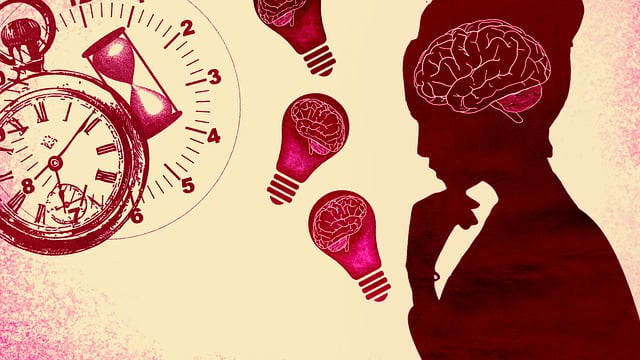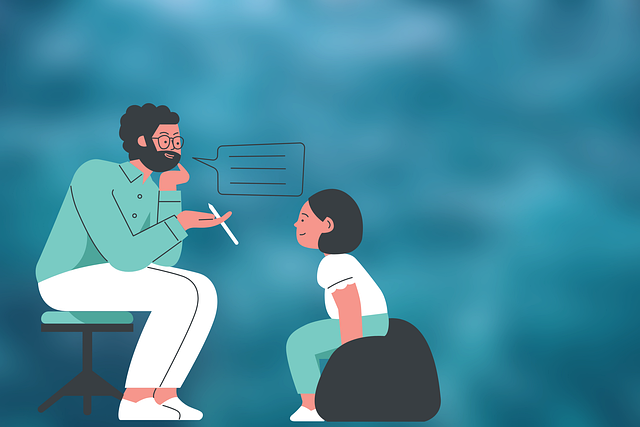Mental health education programs are vital for addressing children and teens' unique challenges, including identity development, peer pressure, academic demands, and social media influence. An effective program should foster empathy, promote healthy coping mechanisms, and encourage open conversations about mental wellness. Incorporating tailored therapy techniques like CBT and discussing diverse family structures, such as polyamorous and open relationships, is essential for comprehensive support. Engaging activities, peer mentoring, and mindfulness meditation enhance learning outcomes, offering tools for emotional regulation and stress management, especially for those navigating complex relationship dynamics. This holistic approach ensures inclusive environments, challenges traditional norms, and promotes understanding among children from diverse backgrounds, ultimately supporting their overall well-being, including therapy tailored to polyamorous and open relationships.
Mental health education is a vital component of holistic child development, especially with rising rates of youth anxiety and depression. This article explores strategies for designing effective programs, focusing on addressing mental health issues prevalent in children and teens today. We delve into unique aspects like incorporating polyamorous and open relationship dynamics to foster inclusive learning environments. Through engaging activities and supportive systems, we aim to enhance mental well-being, providing valuable tools for both educators and parents, including effective therapy approaches for young minds.
- Understanding Mental Health Issues in Children and Teens
- Incorporating Polyamorous and Open Relationship Dynamics into Educational Content
- Designing Engaging Activities and Support Systems for Effective Learning
Understanding Mental Health Issues in Children and Teens

Mental health issues among children and teens have become an increasingly pressing concern, underscoring the need for comprehensive education programs that foster early intervention and prevention strategies. This age group often faces unique challenges related to identity development, peer pressure, academic demands, and social media influence, which can contribute to various mental health disorders such as anxiety, depression, and even more severe conditions.
Designing an effective mental health education program requires a nuanced approach that balances sensitivity with practical knowledge. It should aim to build empathy among peers, promote healthy coping mechanisms, and encourage open conversations about mental wellness. Incorporating therapy techniques tailored for children and teens, such as cognitive-behavioral therapy, can provide valuable tools for managing stress and emotional challenges. Additionally, discussing diverse family structures, including polyamorous and open relationships, contributes to a broader understanding of mental health and ensures inclusivity in support systems.
Incorporating Polyamorous and Open Relationship Dynamics into Educational Content

Incorporating polyamorous and open relationship dynamics into mental health education programs is essential to fostering inclusive environments and providing accurate representations of diverse family structures. These relationships can be a source of strength and resilience for many individuals, offering alternative models of intimacy and connection. By including content on polyamory and open relationships, educational materials can challenge traditional norms and promote understanding among children from various backgrounds. This approach ensures that no one feels alienated or invisible, encouraging a sense of belonging and self-acceptance.
A well-designed mental health program should address the unique challenges and benefits associated with these relationships. Therapists and educators can facilitate discussions on communication, boundaries, and consent within polyamorous and open families, providing tools for effective mood management. Moreover, integrating community outreach programs that emphasize inclusive language and practices can further reduce potential stigma and promote healthy relationship dynamics. This holistic approach to mental health education, which includes the representation of diverse family structures, contributes to overall burnout prevention and empowers children with a broader understanding of well-being.
Designing Engaging Activities and Support Systems for Effective Learning

Designing engaging activities is a key component to an effective mental health education program. For programs focusing on children and polyamorous or open relationships, incorporating interactive exercises that promote understanding and acceptance can foster a safe learning environment. These activities could include role-playing scenarios where students practice communication strategies for navigating complex emotional situations, similar to those they might encounter in their personal lives. By using these real-world applications, the program can help participants develop essential conflict resolution techniques tailored to their unique circumstances.
Support systems play an equally vital role in learning outcomes. Mental wellness coaching programs should include resources and peer support networks that cater to diverse needs. This could involve pairing students with mentors who have experienced similar challenges, providing a sense of community and understanding. Additionally, integrating mindfulness meditation practices into the curriculum can offer participants tools for emotional regulation, helping them manage stress and anxiety associated with discussing sensitive topics like relationships.
Mental health education programs play a vital role in fostering resilience and well-being among children and teens. By incorporating diverse topics such as understanding mental health issues, polyamorous and open relationship dynamics, and engaging support systems, we can create inclusive learning environments that cater to various student needs. These initiatives, coupled with effective teaching methods, have the potential to revolutionize therapy for children and promote healthier relationships, ensuring a brighter future for our youth.


